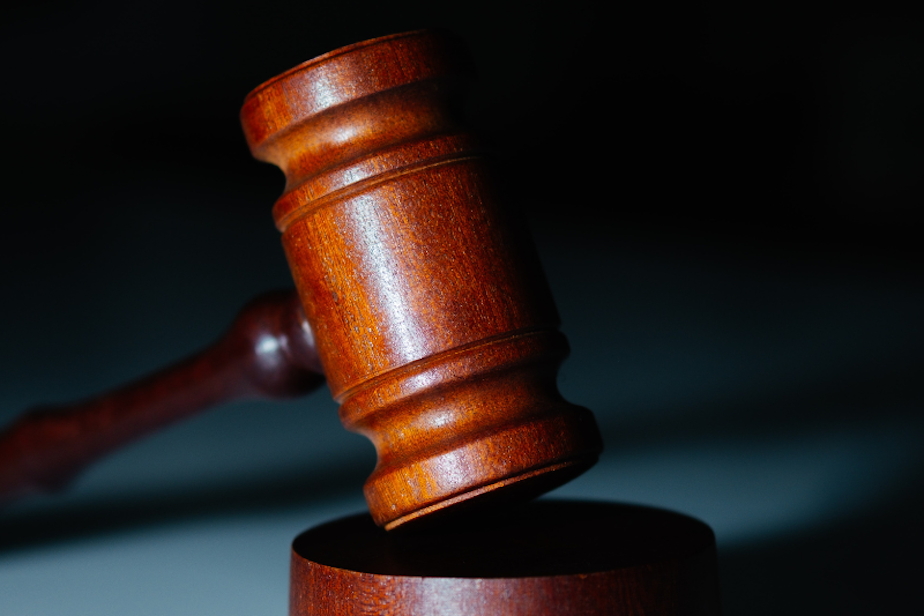Washington lawmakers debate who benefits from juvenile sentencing reforms

One of the bills advancing in the Washington Legislature involves juvenile sentencing reforms, but lawmakers have to decide whether these changes will be retroactive, or only affect people sentenced in years to come.
Right now in Washington, a prison sentence is calculated based on the person’s prior offenses, both adult and juvenile.
In the wake of more recent landmark court decisions, and laws that treat offenses committed by youth under 18 as fundamentally different from adult crimes, lawmakers are considering HB 1324. The bill would drop all but the most serious juvenile offenses from a person’s sentencing score.
Eugene Youngblood is formerly incarcerated, and teaches at King County’s juvenile detention center. He spoke in support of House Bill 1324 last month on behalf of the organization Dream.org, saying it is in line with the state’s goal of not penalizing people for youthful mistakes.
“What my ask is to you is to pass 1324 to show that Washington does not just provide lip service — that it means what it says and it says what it means," Youngblood said.
Attorney Gabriel Galanda told legislators that Indigenous people are disproportionately incarcerated over mistakes as adolescents.
Sponsored
“We need to reverse the destructive intergenerational pattern of Indigenous youth incarceration,” he said. “We need to bring certain of our youth home so they, their families and their communities can heal.”
Making the law retroactive would mean that roughly 1,000 people could petition for resentencing, to have their sentences recalculated without the points from juvenile adjudications.
Russell Brown heads the Washington Association of Prosecuting Attorneys. He told legislators that revisiting existing sentences would not be fair to the victims of those crimes.
“It is the resentencing of those, it is the breaking of the promise, that draws our significant opposition here," Brown argued. "If you want to have a conversation about moving forward, we’re happy to have that.”
The Washington State Association of Counties estimated that those resentencing hearings would cost more than $10 million.
Sponsored
Pierce County Superior Court Judge André Peñalver, speaking on his own behalf, told legislators that resentencing could benefit inmates, communities and taxpayers.
“Should you decide that the removal of juvenile points is appropriate, it’s not a difficult decision to reopen those cases involving such points,” Peñalver said.
The Senate Law & Justice Committee subsequently voted to amend the bill so that it is no longer retroactive. Advocates for reducing incarceration rallied in Olympia Thursday to protest that change.
Rep. David Hackney (D-Renton) is the prime sponsor of the legislation. He said Washington’s automatic inclusion of juvenile offenses in the sentencing calculation is a practice followed in just 11 states that amounts to a “double punishment.”
He said if the bill passes, judges would still have discretion to consider those offenses in determining an appropriate sentence. It’s currently awaiting consideration on the Senate floor.




